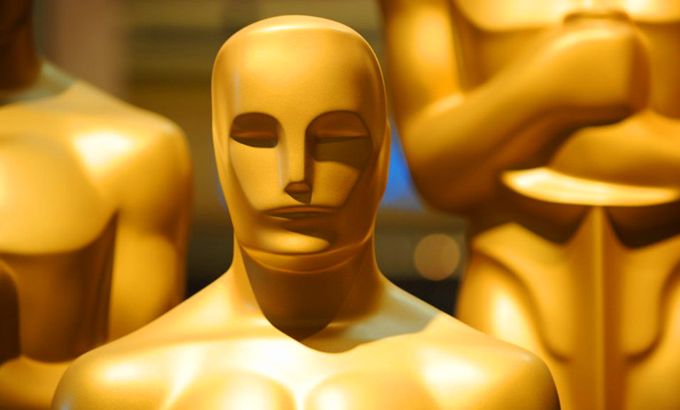
The Oscars: Politics Unchained?
Amid few surprise wins at the Academy Awards, we ask if Hollywood is attempting to reflect or to shape the real world.
As members of the film industry gathered in Los Angeles to honour their own at the 85th Academy Awards, there were few surprises among the winners.
But as always, the Academy’s choices sparked a debate about the relationship between art and politics, and whether movies attempt to reflect or to shape the real world.
|
“Argo is a very timely movie in the sense that Iran and the situation there has gotten so much news attention, so for Americans to watch the Iranians defeated on the screen, that’s a big deal, because we haven’t been able to defeat them in real life. But the movie has a propagandistic subtext which is a little troubling in a country where our leaders seem to be drifting towards war and conflict with Iran. It’s not a movie that gives you a lot of context and background about what happened there … Most of the drama is really about outwitting the Iranians and of course that was not what ended the hostage crisis.” – Danny Schechter, a filmmaker and social commentator |
This year’s Oscar nominees were an amalgam of fact and fiction:
A daring escape from revolutionary Iran in Argo; the so-called war on terror explored in Zero Dark Thirty; a bloody stroll through the slave plantations of the US’s South in Django Unchained; and a new look at the great emancipator in Lincoln.
Hollywood movies have always reflected popular fears – particularly the fears of Americans, and no character embodies that fear more than the villain.
During and after World War II, the Germans were the archetypal movie baddie.
In the 1950s, with the start of the Cold War and McCarthy era paranoia in the US, it was the Russians who were cast as the bad guys.
That continued well into the 1960s. However, during the 1970s, in an era of perceived urban decay and corruption, the villains were closer to home: gang members, criminals and, of course, corrupt policemen.
The 1980s saw the return of Russian bad men as well as a handful of other villains, ranging from the Chinese to white South Africans in a reflection of anti-apartheid sentiment.
Following the conflict in the Balkans in the 1990s, Serbs were cast as the latest bad guys, and it was in that same decade that the vague threat of Middle Eastern villains crept into Hollywood.
In the post 9/11 era, some argue that it is the nature of the hero that has changed.
There has been the clear emergence over the past decade of the protagonist who is allowed to break any rules, as long as he does it in order to keep society safe.
So, is Hollywood about art or propaganda?
Inside Story, with presenter Mike Hanna, is joined by guests: Alyssa Rosenberg, a culture reporter for the current affairs blog website Think Progress.org; Richard Jordan, the news editor at Total Film magazine; and Danny Schechter, a filmmaker and the editor of News Dissector.net, and mediachannel.org.
|
“I think movies are primarily entertainment, and I think you can also deal with big issues and entertainment at the same time; both Argo and Zero Dark Thirty did that very well, I think that is why they have been so successful and it is showing that Hollywood is ready to talk about perhaps more difficult subjects that back in the 90s they might not have embraced so much.” – Richard Jordan, the news editor in Total Film magazine |